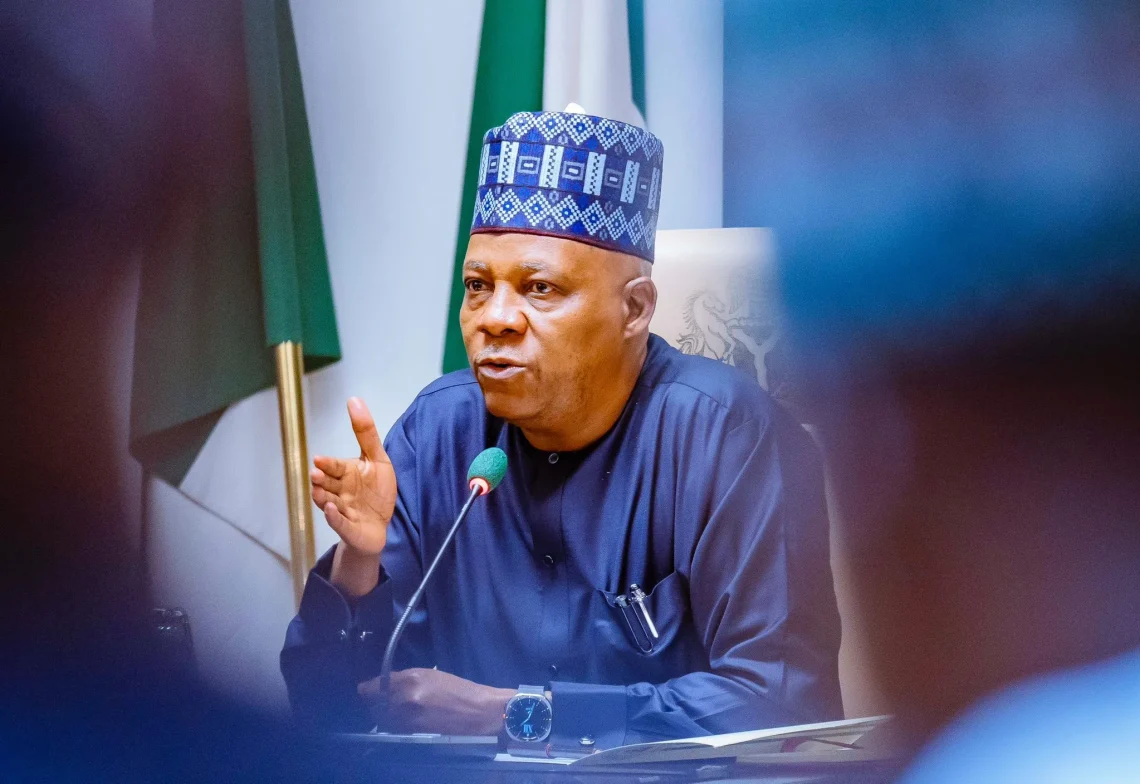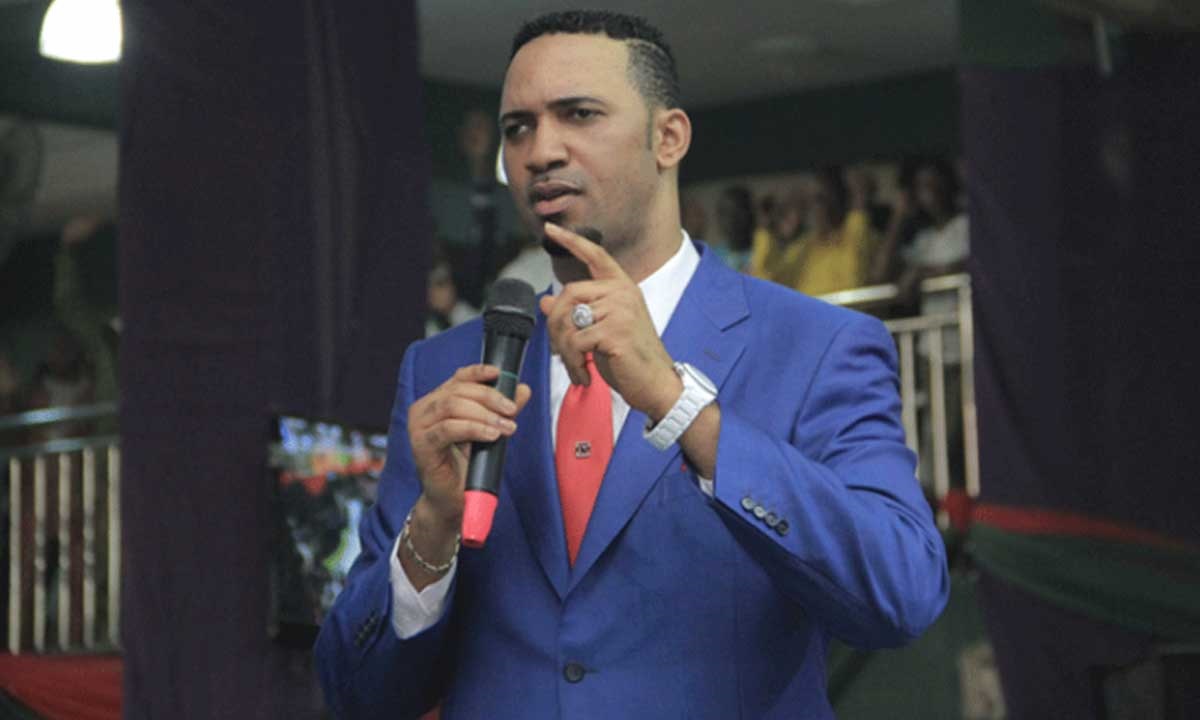The Nigerian Federal Government is collaborating with the United Nations Children’s Fund (UNICEF) to train 20 million youths in digital skills by 2030.
Vice-President Kashim Shettima made this announcement during a meeting in Abuja with Mohammed Fall, the UN’s resident and humanitarian coordinator in Nigeria. Also present were UNICEF’s Deputy Representative, Rownak Khan, and Celine Lafoucriere, the Chief of the UNICEF Lagos Field Office.
Mr Shettima pointed out that Nigeria’s burgeoning population—currently estimated at over 230 million, with an average age of 17—represents both challenges and opportunities. He has taken on the role of chair for Generation Unlimited Nigeria (GenU 9JA), a public-private partnership aimed at helping Nigerian youths aged 10 to 24 transition from education to employment via digital connectivity.
“It is a privilege to chair Generation Unlimited, GenU 9JA,” Mr Shettima expressed. “This platform presents numerous opportunities for our youth. If we aspire to thrive, we must empower them digitally.”
He outlined that the GenU 9JA initiative is in line with the Federal Government’s Renewed Hope Agenda, which prioritises inclusive development, digital innovation, and youth empowerment.
Mr Shettima emphasised that Nigeria aims for sustainable partnerships rather than handouts. “We are not looking for charity; we want a relationship built on mutual respect and shared interests. My passion for this digital initiative stems from the belief that engaging and empowering our youth is crucial for our future.”
He described the initiative as a remarkable programme, enabling Nigerian youths to offer their skills in the global marketplace. “The digital arena provides a seamless entry point for youth to engage. I know many young Nigerians successfully working for international companies from home,” he noted.
Earlier, Mr Fall highlighted that the GenU 9JA platform is central to combating youth unemployment, educational inequality, and digital exclusion. “Under the Renewed Hope Agenda, youth-focused initiatives—skills acquisition, digital access, and employment—are essential. GenU is instrumental in driving these priorities,” he stated.
In addition, Ms Khan remarked that GenU 9JA is among UNICEF’s most effective global youth empowerment programmes, with Nigeria serving as a model. “The results from Nigeria have been exceptional. Few countries have achieved the level of youth impact that GenU 9JA has,” she noted.
Ms Khan elaborated that the programme is structured on three pillars: digital connectivity, pathways from learning to earning, and youth engagement and empowerment, all aimed at preparing Nigerian youths for the current job market.
Ms Lafoucriere added that since its launch in 2022, GenU 9JA has positively impacted over 10 million young people, with 1,500 job connections established. “To reach our target of 20 million youths by 2030, we must enhance coordination among partners and align closely with national policies,” she concluded.





